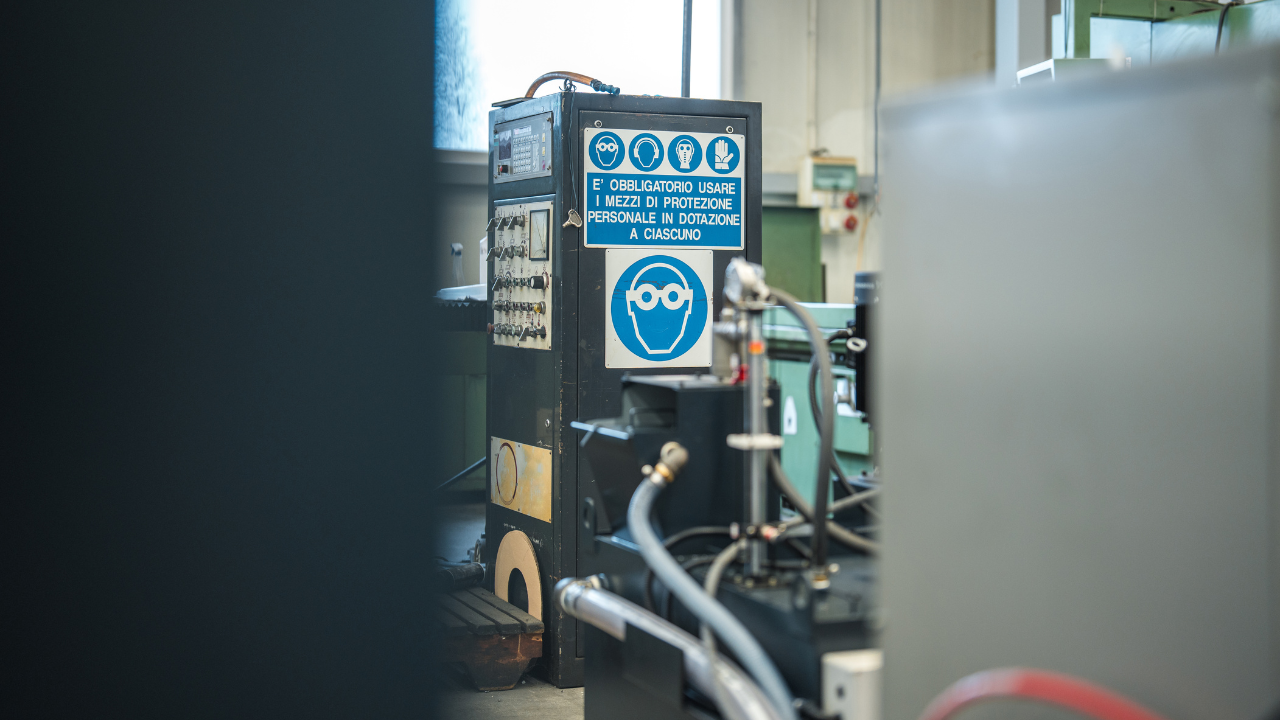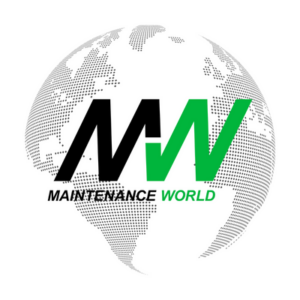Chain Drive Design Recommendations
Ramsey Products
For optimum chain drive performance the following points should be considered when looking at chain drive design:
Sprockets: For long life, sprockets should have a minimum of 17 teeth. For smoother, quieter drives use a minimum of 23 teeth.
Drive Ratios: Ratios of 12:1 or greater are possible but above 8:1 it is usually desirable to make the reduction in two steps.
Shaft Center Adjustment: Center adjustment to allow for wear is always desirable. It is particularly important in vertical center drives. Typically the amount of adjustment should equal 1% of the pitch.
Shaft Center Distance: The center distance should be great enough that the chain wraps the small sprocket at least 120°. Center distances should generally not exceed 60 pitches.
Chain Length: Whenever possible, chain length should be an even number of pitches so an offset section can be avoided.
Tensioning Devices: An idler sprocket or shoe can often be used to maintain tension on fixed center drives.
Chain Width: The use of a wider than recommended chain will result in a more rugged drive and improved drive life.
Chain Casings: Fully enclosed drives with proper lubrication are desirable for maximum service life and personnel safety.
Non-horizontal And Vertical Shafts: Drives using non-horizontal shafts often work best with side guide chain and an automatic tensioner. Consult Ramsey for specific recommendations.
Chain Drive Positions

The preferred position for a drive is that where a fine between shaft centers is horizontal or inclined not more than 45 degrees. Under ordinary conditions the slack strand may be either on the upper or lower side of the drive.
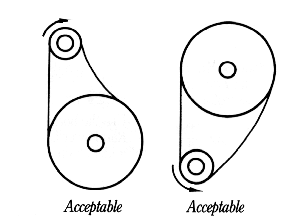
Vertical drives should be avoided if possible. They must be run fairly taut which means frequent adjustment of centers as the chain elongates due to normal wear. Less care and adjustment will be required if the drive can be positioned slightly off the vertical as illustrated.
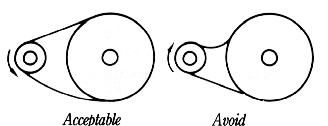
Where the center distance is comparatively short, slack on the lower strand is preferable. With the slack on the upper strand there is a tendency for the chain to be forced out of proper engagement with the sprockets.
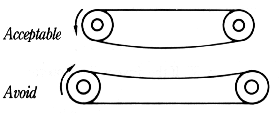
Drives with long center distances and small sprockets should have the slack strand on the bottom. With the slack on top there is danger of the upper strand hitting the lower as the chain elongates.
Remember these positions and pointers when trying to determine the optimum wear life of a chain drive design.
Related Articles

OEE: Overall Equipment Effectiveness
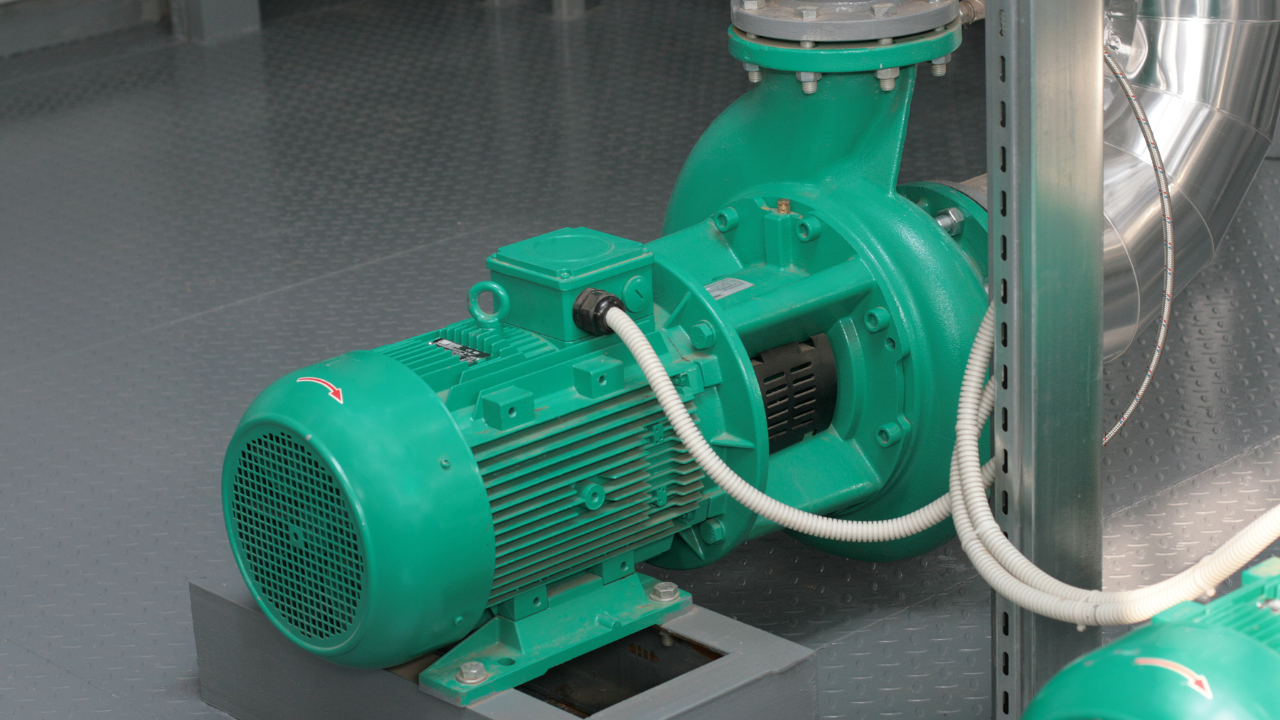
What the Pump Was Designed to Do and Why it Doesn't Do it
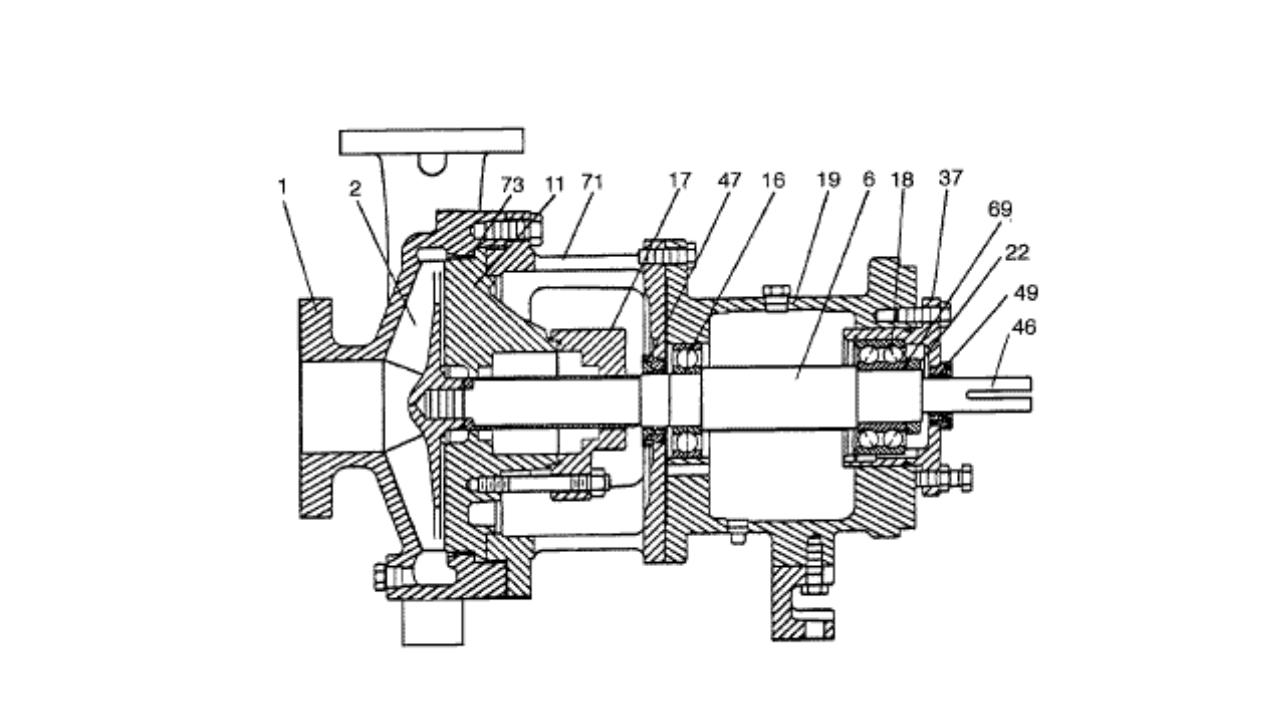
What is Wrong with the Modern Centrifugal Pump?

Digging Up Savings: Go with the Flow

Classifying Chemicals to Assure Effective Sealing
